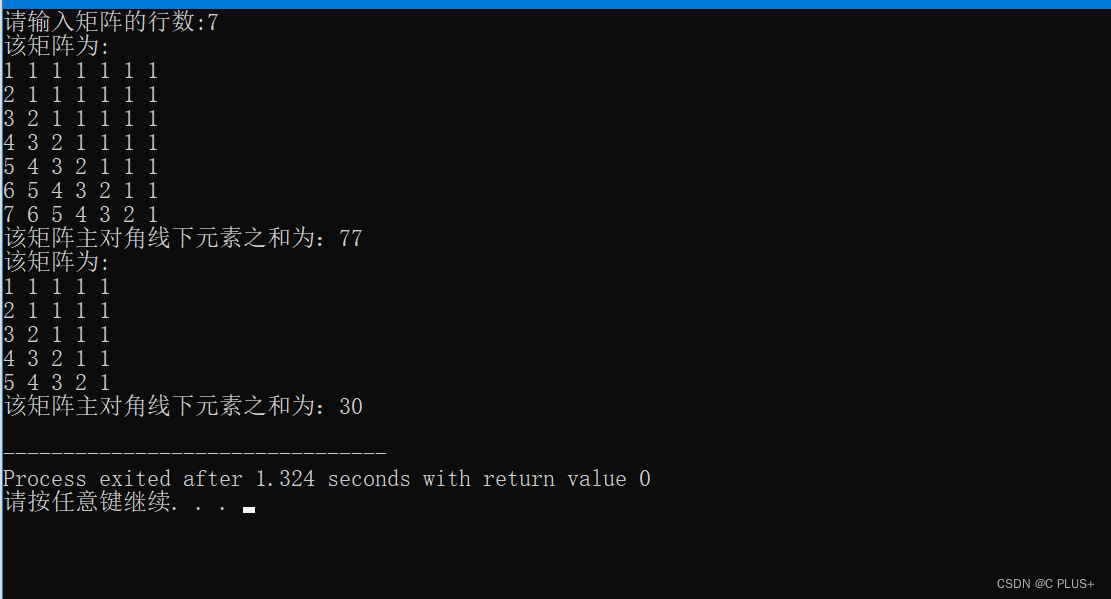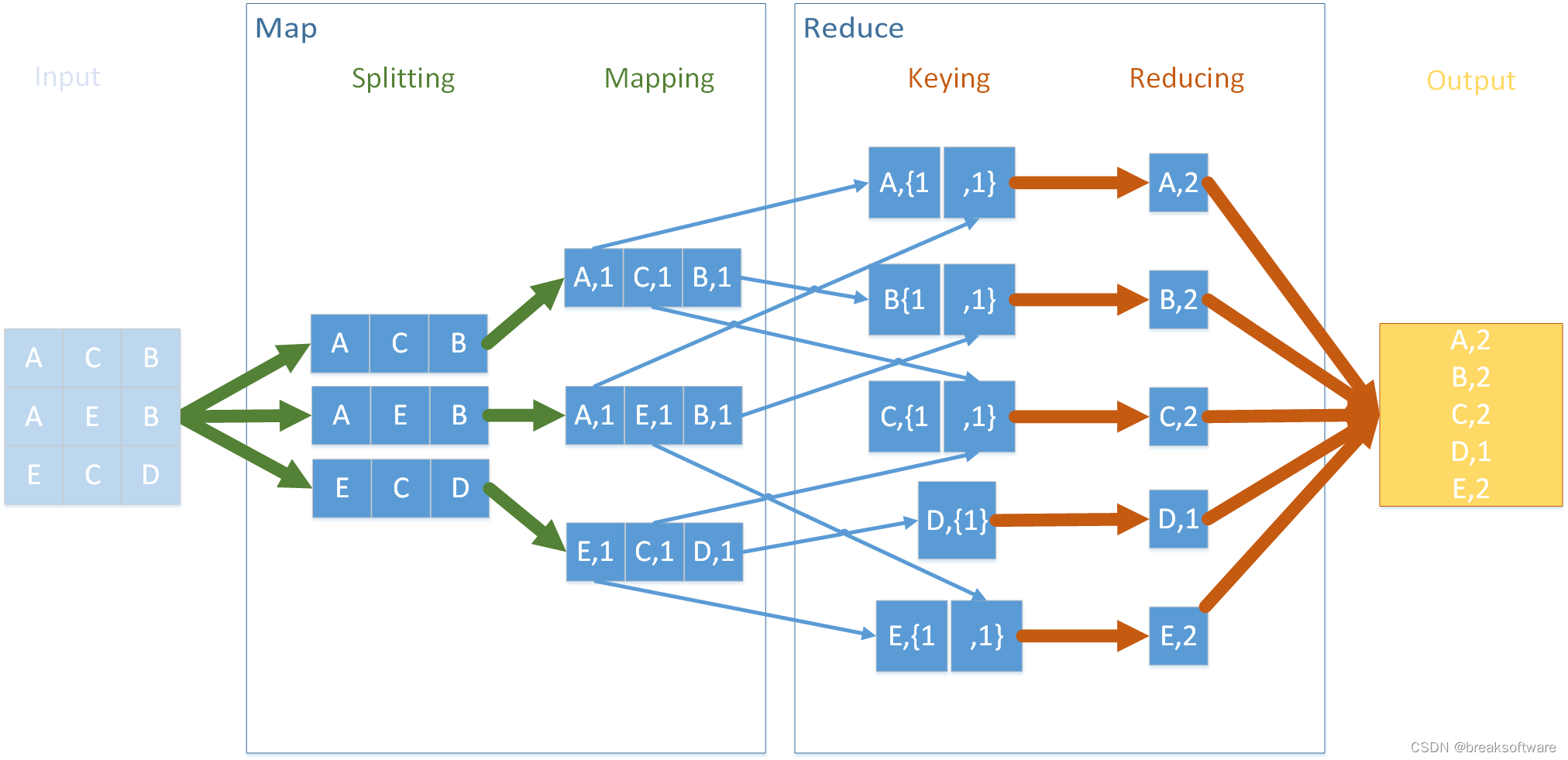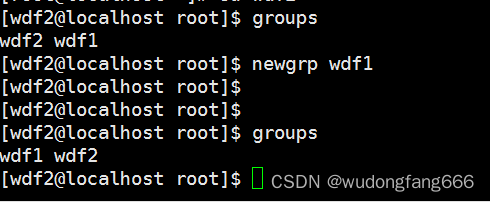类型特性
类型特性定义一个编译时基于模板的结构,以查询或修改类型的属性。
试图特化定义于 <type_traits> 头文件的模板导致未定义行为,除了 std::common_type 可依照其所描述特化。
定义于<type_traits>头文件的模板可以用不完整类型实例化,除非另外有指定,尽管通常禁止以不完整类型实例化标准库模板。
类型属性
定义于头文件 <type_traits>
继承自 std::integral_constant
成员常量
| value [静态] | 若 T 为 const 限定类型则为 true ,否则为 false(公开静态成员常量) |
成员函数
| operator bool | 转换对象为 bool ,返回 value(公开成员函数) |
| operator() (C++14) | 返回 value(公开成员函数) |
成员类型
| 类型 | 定义 |
value_type | bool |
type | std::integral_constant<bool, value> |
注意
若 T 为引用类型则 is_const<T>::value 始终为 false 。检查可能为引用的类型的常性的正确方式是移除引用: is_const<typename remove_reference<T>::type> 。
可能的实现
template<class T> struct is_const : std::false_type {};
template<class T> struct is_const<const T> : std::true_type {};检查类型是否为 const 限定
std::is_const| template< class T > | (C++11 起) |
若 T 为 const 限定类型(即 const 或 const volatile ),则提供等于 true 的成员常量 value 。对于任何其他类型, value 为 false 。
模板形参
| T | - | 要检查的类型 |
辅助变量模板
| template< class T > | (C++17 起) |
调用示例
#include <iostream>
#include <type_traits>int main()
{std::cout << std::boolalpha;std::cout << "std::is_const<int>::value: "<< std::is_const<int>::value << std::endl; // falsestd::cout << "std::is_const<const int>::value: "<< std::is_const<const int>::value << std::endl; // truestd::cout << "std::is_const<const int*>::value: "<< std::is_const<const int*>::value << std::endl; // falsestd::cout << "std::is_const<int* const>::value: "<< std::is_const<int* const>::value << std::endl; // truestd::cout << "std::is_const<const int&>::value: "<< std::is_const<const int&>::value << std::endl; // falsestd::cout << "std::is_const<typename std::remove_reference<const int&>::type>::value: "<< std::is_const<typename std::remove_reference<const int&>::type>::value << std::endl; // truereturn 0;
}输出

检查类型是否为 volatile 限定
std::is_volatile| template< class T > | (C++11 起) |
若 T 为 volatile 限定类型(即 volatile 或 const volatile ),则提供等于 true 的成员常量 value 。对于任何其他类型, value 为 false 。
模板形参
| T | - | 要检查的类型 |
辅助变量模板
| template< class T > | (C++17 起) |
可能的实现
template<class T> struct is_volatile : std::false_type {};
template<class T> struct is_volatile<volatile T> : std::true_type {};调用示例
#include <iostream>
#include <type_traits>int main()
{std::cout << std::boolalpha;std::cout << "std::is_volatile<int>::value: "<< std::is_volatile<int>::value << std::endl;std::cout << "std::is_volatile<volatile int>::value:"<< std::is_volatile<volatile int>::value << std::endl;return 0;
}
输出

检查类型是否平凡
std::is_trivial| template< class T > | (C++11 起) |
若 T 为平凡类型 (TrivialType) (即标量类型、有平凡默认构造函数的可平凡复制类,或这些类/类型的数组,可有 cv 限定),则提供等于 true 的成员常量 value 。对于任何其他类型, value 为 false 。
若 std::remove_all_extents_t<T> 是(可有 cv 限定的) void 以外的不完整类型,则行为未定义。
模板形参
| T | - | 要检查的类型 |
辅助变量模板
| template< class T > | (C++17 起) |
可能的实现
template< class T >
struct is_trivial : std::integral_constant< bool,std::is_trivially_copyable<T>::value &&std::is_trivially_default_constructible<T>::value > {};调用示例
#include <iostream>
#include <type_traits>struct A
{int m;
};struct B
{B() {}
};int main()
{std::cout << std::boolalpha;std::cout << "std::is_trivial<A>::value: "<< std::is_trivial<A>::value << std::endl;std::cout << "std::is_trivial<B>::value: "<< std::is_trivial<B>::value << std::endl;return 0;
}输出

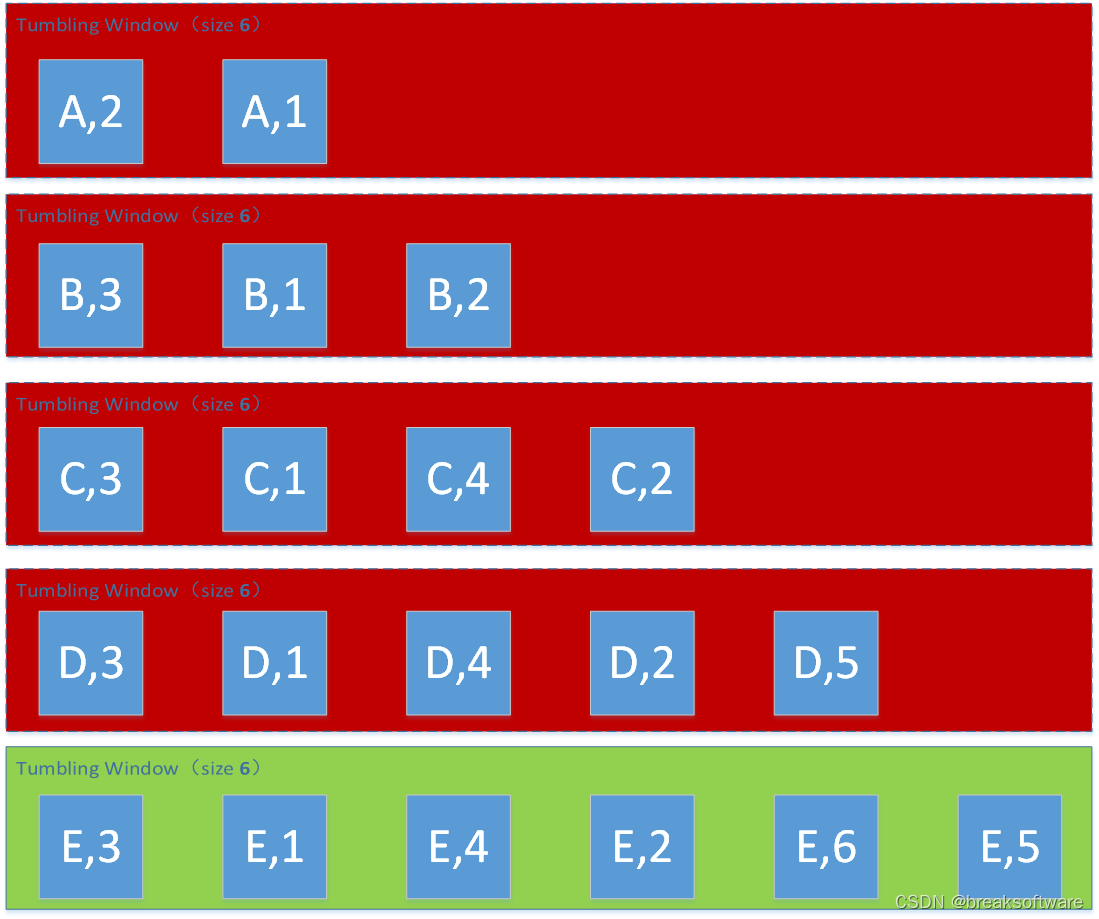

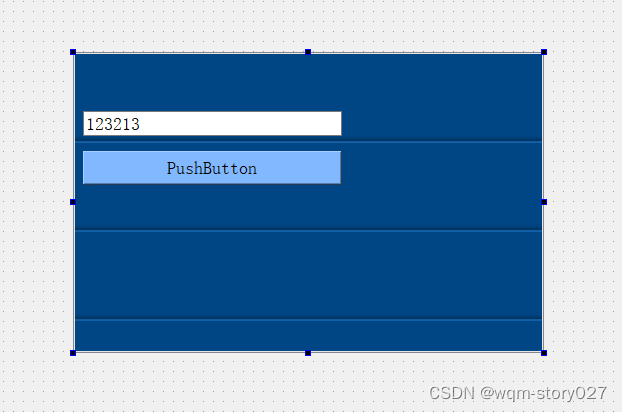








![【NLP】什么是语义搜索以及如何实现 [Python、BERT、Elasticsearch]](https://img-blog.csdnimg.cn/img_convert/9512e7ff7193be9616e602a7bfd51f74.jpeg)

